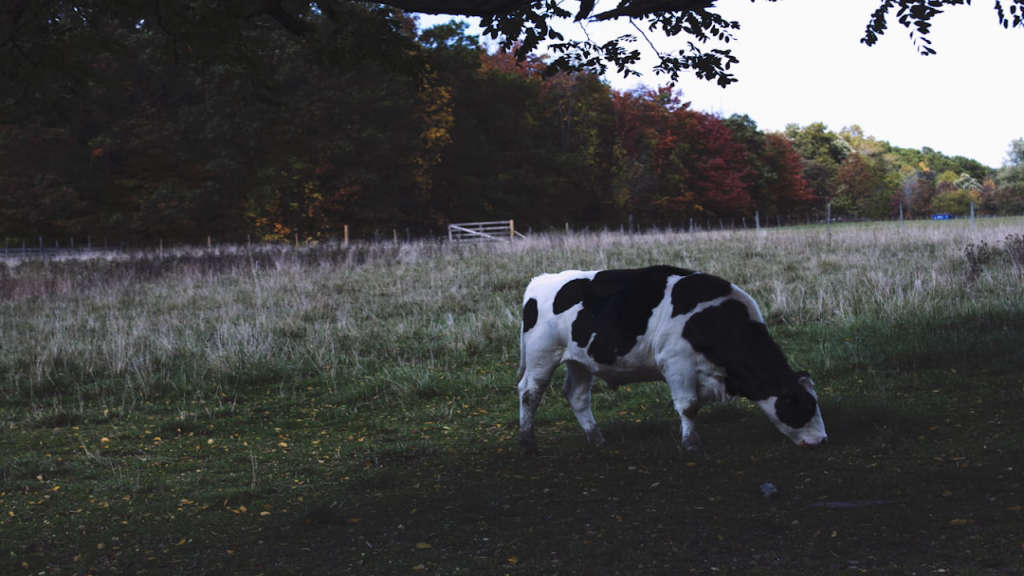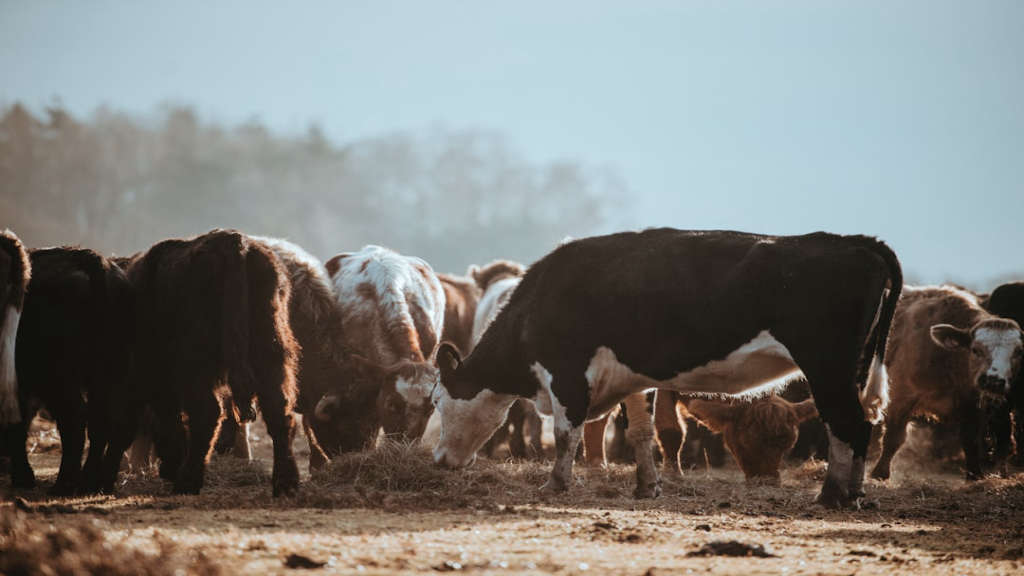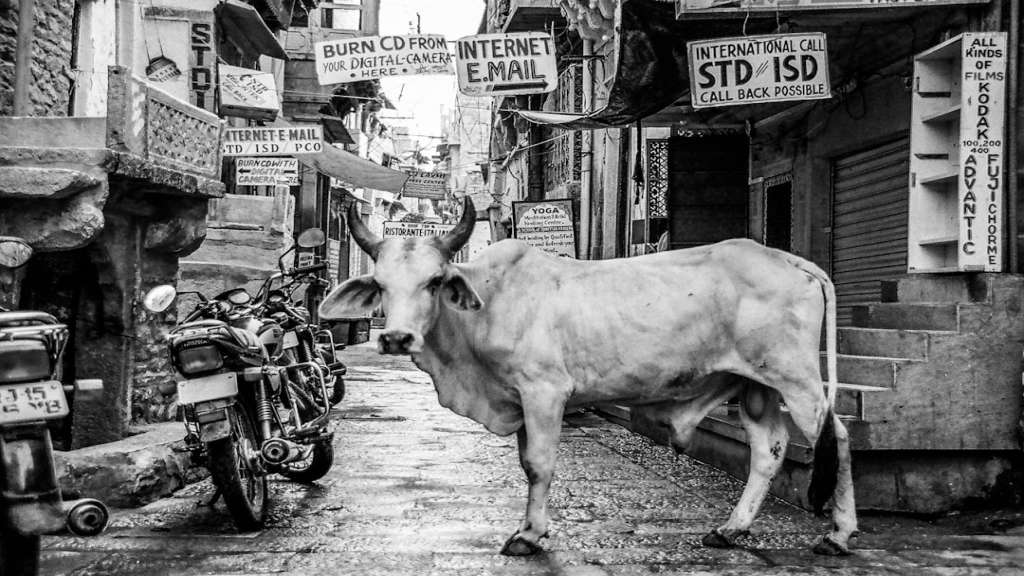In a world increasingly aware of its ecological footprint, the emergence of Piedmontese beef sustainable farming practices brings hope and innovation to the agricultural sector. This distinctive breed not only offers exceptional flavor but also emphasizes a commitment to environmental consciousness. As farmers adopt eco-friendly methods, the potential benefits for both consumers and the planet become ever more significant.
Main Points
- The environmental benefits of Piedmontese beef farming.
- The unique characteristics of Piedmontese cattle.
- How sustainable practices enhance meat quality.
- The role of local economies in promoting sustainable agriculture.

Understanding Piedmontese Beef: A Tender Choice for the Environment
Piedmontese beef has gained recognition not only for its exceptional flavor and tenderness but also for its environmentally friendly attributes. This breed, originating from the Piedmont region of Italy, stands out for several reasons. In this article, we will delve into what makes Piedmontese beef a unique choice, both on the plate and in ecological terms.
Characteristics of Piedmontese Cattle
The Piedmontese breed is distinctive for its muscle structure, which contributes to its tender and flavorful meat. Here are some key characteristics:
- Genetics: Piedmontese cattle possess a unique genetic trait known as double muscling, which results in more muscle mass and less fat. This unique feature provides a leaner cut of meat that does not compromise tenderness.
- Feeding Practices: Traditionally, these cattle graze on lush pastures and are often raised without the use of hormones or antibiotics. This method not only enhances the quality of the beef but also supports sustainable farming practices.
- Environmental Impact: The production of Piedmontese beef has a lower carbon footprint compared to many other breeds. Their efficient feed conversion means that they require less feed, which directly affects the land and resources needed for raising cattle.
Sustainability and Piedmontese Beef
When considering our food choices, sustainability plays a crucial role. Piedmontese beef is particularly appealing for its lower environmental impact. Here’s why:
- Resource Efficiency: The efficient growth of Piedmontese cattle reduces the overall requirements for land and water, making it a sustainable option for future generations.
- Grass-Fed Benefits: Often raised on grass, these cattle can thrive in pasture-based systems. This practice not only promotes the health of the animals but also improves soil quality.
- Reduced Methane Emissions: Compared to other breeds, Piedmontese cattle produce significantly less methane, which is a critical factor in combating climate change.
In conclusion, choosing Piedmontese beef means indulging in a tender and flavorful experience while also making a conscious choice for the environment. As consumers become more aware of the impact of their dietary choices, Piedmontese beef stands out as a delicious and responsible option. Thus, when considering your next meal, ponder this: do you want to savor exceptional taste that also supports sustainability? Without a doubt, Piedmontese beef checks both boxes.

Eco-Friendly Farming Practices: How Piedmontese Cattle Promote Sustainable Agriculture
In the world of sustainable agriculture, the Piedmontese breed of cattle stands as a remarkable example of how responsible farming practices can align with environmental stewardship. These cattle, renowned for their unique genetic traits and excellent meat quality, offer more than just sumptuous cuts of beef. They represent a lifestyle and farming approach that embraces eco-friendliness while nurturing the land.
A Breed Like No Other
The Piedmontese breed hails from the Piedmont region of Italy. Its adaptability is striking, allowing it to thrive in various climatic conditions while maintaining a minimal environmental footprint. This breed is naturally efficient when it comes to converting feed into muscle. Thus, farmers can raise them with fewer resources, ultimately causing less strain on our planet.
Minimizing Environmental Impact
One of the standout features of raising Piedmontese cattle is their lower greenhouse gas emissions compared to other beef cattle breeds. This is primarily due to their unique muscle structure, which allows for more efficient growth. Consequently, farmers who choose this breed contribute to a decrease in methane emissions, a significant contributor to climate change. The sustainability journey doesn’t stop there; pasture management and rotational grazing techniques are commonly employed with these animals, enhancing soil health and biodiversity.
Connection to Local Ecosystems
Piedmontese cattle play an essential role in maintaining local ecosystems. By grazing in a controlled manner, they help manage vegetation, preventing overgrowth and promoting nutrient cycling in the soil. This symbiotic relationship between cattle and their environment allows for a flourishing habitat for various species, benefiting both flora and fauna. However, some might question whether the introduction of cattle can disrupt existing ecosystems. It’s essential to weigh this against the stewardship practices that responsible farmers implement.
Farm-to-Table Benefits
Choosing to support farms that raise Piedmontese cattle also means embracing the farm-to-table movement. The meat from these cattle not only boasts exceptional flavor but is also produced using sustainable practices. Consumers are increasingly seeking transparency in their food sources, and Piedmontese farmers provide just that by utilizing eco-friendly methods. This creates a conscious bond between consumers and producers that extends beyond the dinner plate.
| Key Benefit | Explanation |
|---|---|
| Greenhouse Gas Reduction | Lower emissions compared to traditional breeds |
| Soil Health | Improved through rotational grazing |
| Community Connection | Supports local economies and sustainable food systems |
Ultimately, the adoption of eco-friendly farming practices through the lens of Piedmontese cattle illustrates a path forward for sustainable agriculture. By understanding the intricate balance between animal husbandry and ecological health, farmers can redefine the future of farming. This approach not only benefits farmers but also supports a healthier planet for generations to come.

The Nutritional Benefits of Piedmontese Beef: A Sustainable Protein Source for Health-Conscious Consumers
In an age where dietary choices are increasingly scrutinized, the demand for sustainable and nutrient-dense protein sources has surged. Among the many options available, Piedmontese beef stands out not only for its exceptional flavor but also for its impressive nutritional profile. This breed of cattle, originating from the Piedmont region of Italy, is celebrated for its unique musculature which results in meat that is remarkably lean yet tender.
Nutritional Profile
When considering animal protein, it’s crucial for health-conscious individuals to examine the nutritional content. Piedmontese beef offers a striking balance of taste and health benefits. Firstly, this meat contains significantly lower fat content compared to conventional beef. This decrease in fat, particularly saturated fat, positions it as a healthier choice without compromising on flavor. However, the high protein content—averaging around 30 grams per 100 grams—makes it a prime option for those looking to maintain a balanced diet that supports muscle growth and overall well-being.
Sustainable Farming Practices
Sustainability is a hot topic in the world of food production. The methods used to raise Piedmontese beef align with environmentally friendly practices, which is a major draw for modern consumers. These cattle are raised on pasture, allowing them to graze naturally, which not only enhances the flavor of the meat but also contributes to better land management. The reduced reliance on grain feed minimizes the carbon footprint traditionally associated with beef production. This makes Piedmontese beef a preferred choice for eco-conscious consumers seeking to make a positive impact through their food choices.
Versatility and Culinary Appeal
Aside from its health benefits, Piedmontese beef is incredibly versatile. Chefs and home cooks alike appreciate its adaptability in various recipes. From grilling steaks to slow-cooking roasts, the meat retains its tenderness and rich flavor, enhancing any dish. Interestingly, many consumers report that they can enjoy richer, more satisfying portions without the heavy feeling often associated with fattier cuts of beef. Consequently, this allows them to indulge in their favorite meals while still adhering to a health-conscious regime.
Conclusion
In summary, the nutritional benefits of Piedmontese beef cannot be overstated. With its lower fat content, high protein levels, and sustainable farming practices, it presents an ideal choice for anyone who prioritizes health without sacrificing taste. By selecting Piedmontese beef, consumers not only nourish their bodies but also support a movement towards more sustainable agricultural practices. In a world that often complicates dietary decisions, Piedmontese beef simplifies the choice for those who seek quality and conscience in their food.
Conclusion
In conclusion, sustainable farming practices are essential for the future of our food systems. The methods used in Piedmontese beef sustainable farming serve as a remarkable example of how tradition and modern practices can intertwine to create a more environmentally friendly agricultural landscape. Such initiatives not only support local economies but also prioritize animal welfare and biodiversity. By choosing sustainably farmed products, consumers contribute to a more balanced ecosystem. This collective effort can lead to a healthier planet for generations to come. Engaging in conversations about sustainable practices fosters awareness and change, and every small step counts.
Frequently Asked Questions
What is Piedmontese beef and why is it considered sustainable?
Piedmontese beef comes from the Piedmontese breed of cattle, known for its efficient muscle growth and low fat content. It is considered sustainable because the breed requires less feed and water than conventional cattle, and its farming practices often emphasize animal welfare and environmental stewardship.
How do Piedmontese farming practices benefit the environment?
Piedmontese farming practices benefit the environment by reducing greenhouse gas emissions, promoting biodiversity, and minimizing resource use. The breed’s efficient growth rate means that less land and resources are needed, leading to lower environmental impact compared to traditional beef farming.
Is Piedmontese beef healthier than other types of beef?
Yes, Piedmontese beef is often considered healthier than other types of beef due to its lower fat content and higher levels of protein. It also contains beneficial nutrients like Omega-3 fatty acids, making it a leaner and more nutritious option for consumers.